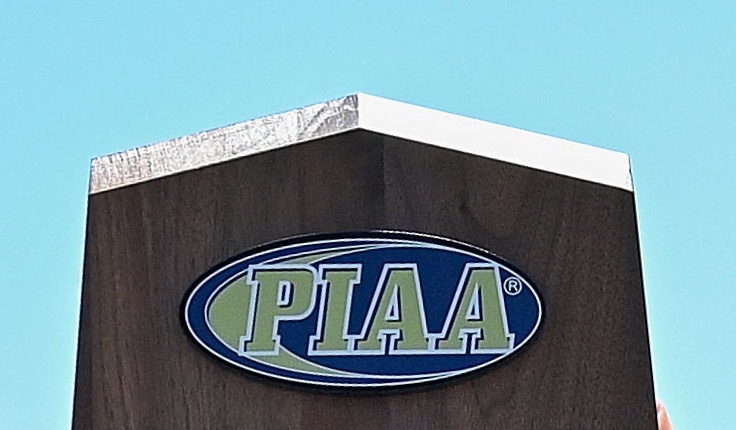Eligible parochial school students in Pennsylvania must be permitted opportunities to play public school sports under an interim consent order approved by a federal judge on Monday.
It stipulates that students at faith-based schools that do not offer a particular sport are eligible to compete for a public school team in their home district.
The agreement will settle a lawsuit brought in July by the Centre County-based Religious Rights Foundation of PA and three families, including one from State College, against the Pennsylvania Interscholastic Athletic Association, the commonwealth’s governing body for high school and middle school sports.
The agreement is similar to one reached in June by the RRFP and a Centre County family with the State College Area School District.
Attorneys from the Thomas More Society, who represented the plaintiffs, called the settlement “a significant win for religious students who were previously excluded from participating in PIAA-regulated sports at their home school districts.”
“It is rewarding to see talented parochial school athletes finally being allowed to participate in their home school district’s athletic programs,” Thomas Breth, Thomas More Society special counsel, said in a statement. “This is a huge relief for parents and students across Pennsylvania who have been unnecessary excluded from participation simply because of their desire to pursue a faith-based education.”
The plaintiffs contended that prohibiting parochial students from participating in public school athletic activities not offered by their own school is unconstitutional, violating the Free Exercise Clause of the First Amendment and Equal Protection Clause of the 14th Amendment. They noted that PIAA rules state that students are eligible to participate only at schools at which they are enrolled, but carves out exceptions for charter and home-school students to play at the public school in which they otherwise would be enrolled.
“The PIAA’s current Bylaws are in direct violation of the constitutional rights of families who wish to provide their children with a faith-based education, while still pursuing athletic opportunities in their home school districts,” Breth said.
In a response filed in August, the PIAA denied that it discriminated against students from faith-based school.
The consent order does not affect PIAA rules related to non-faith based schools, and parochial students must satisfy the same eligibility requirements and regulations as their public-school peers.
After a parochial school student notifies the athletic director or superintendent of their home district that they intend to to participate in a public school sport, the district is required notify the PIAA executive office. If a district determines a student is ineligible to participate because they did not meet requirements, the PIAA can comply with the district’s determination while the issue is pending without violating the order.
“We’re thrilled that as a result of our efforts, parochial school families are no longer forced to choose between a religious education and equal access to the full range of educational opportunities offered to other students at their home school districts,” Breth said. “We couldn’t be prouder to have worked alongside these great families to end this longstanding discrimination.”



